
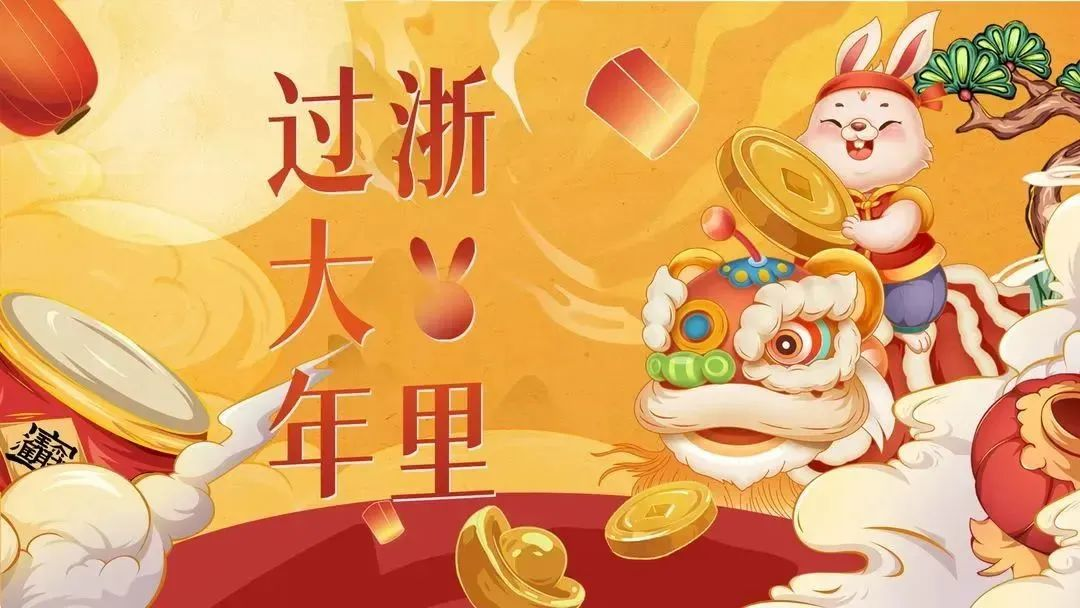
Chinese New Year is an important festival for each and every Chinese people. In Zhejiang province, local people celebrate Chinese New Year in different ways, each with a long history that represents their unique characteristics and cultural traditions. Many local traditions are well-protected and inherited, some of them have even been added into the Non-Material Cultural Heritage List at all levels.
The Spring Festival is the most important traditional festival in China, with a long and rich history that carries significant historical and cultural heritages. The Chinese New Year celebration is centered on the celebration of the New Year in the form of activities that are rich and colorful and embody the traditional cultural essence of Chinese civilization.
The rituals during the Spring Festival have a long history and are extremely rich in forms. Taking Chinese New Year's Eve as the boundary, before Chinese New Year's Eve, people use various ways to drive away evil spirits and make a series of preparations for the New Year. Chinese New Year's Eve and the period after that are mainly used to welcome the luck, worship ancestors and gods, and socialize with relatives and friends. The celebration traditionally ends with the annual Lantern Festival carnival.
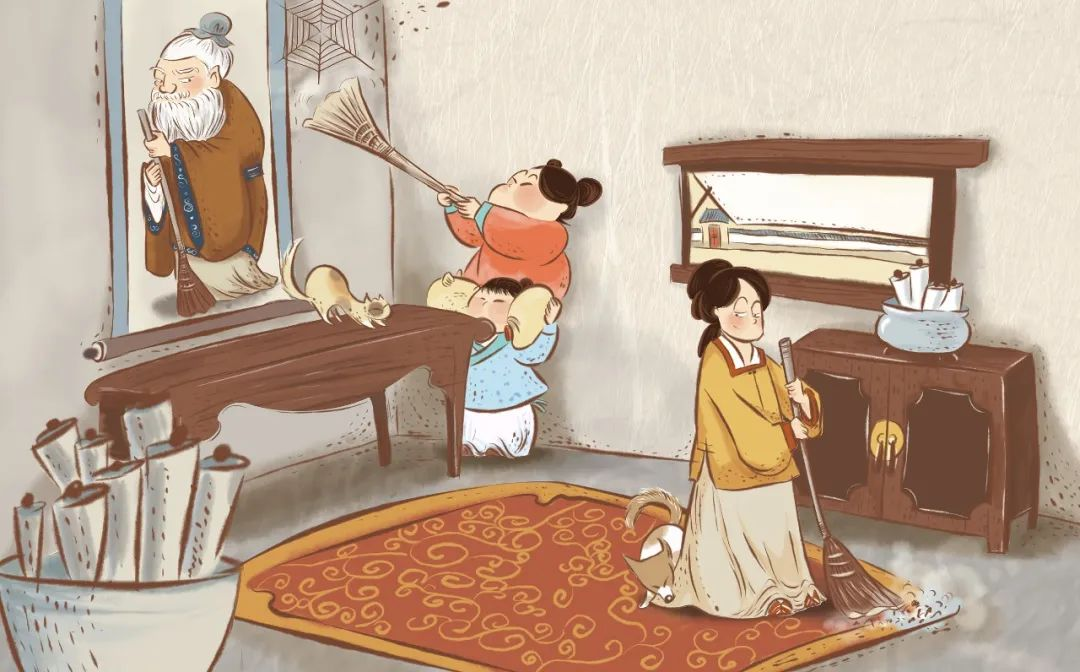
As the old saying goes, "On the twenty-fourth day of the twelfth lunar month, dust and sweep the house." This day is known as "house sweeping" in the north of China and "dusting" in the south, and is a traditional custom practiced by Chinese people to ward off evil spirits, eliminate disasters and welcome good fortune. This custom is prevalent throughout China, including in the province of Zhejiang.
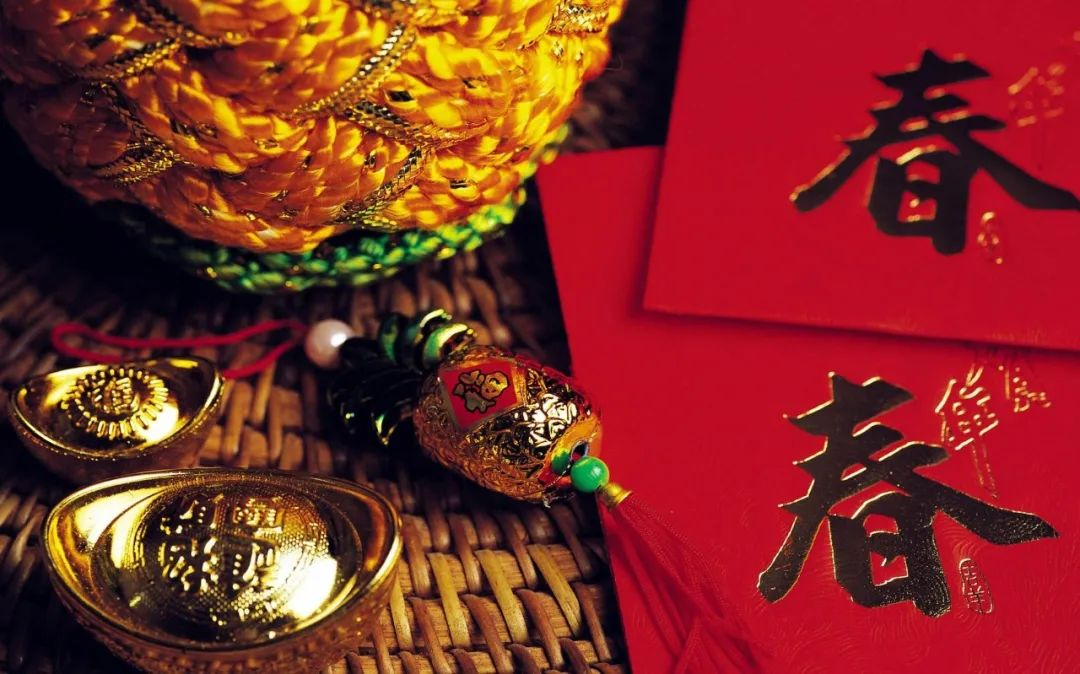
Generally, from the beginning of the twelfth lunar month, people all over Zhejiang start preparing various New Year goods, such as salted vegetables, zongzi, New Year cakes and cured meat. By December 20 of the lunar calendar, the purchase of New Year goods in markets reaches its peak. Spring Festival shopping has become a ritual, allowing people to feel the arrival of the New Year in the joy of busyness.
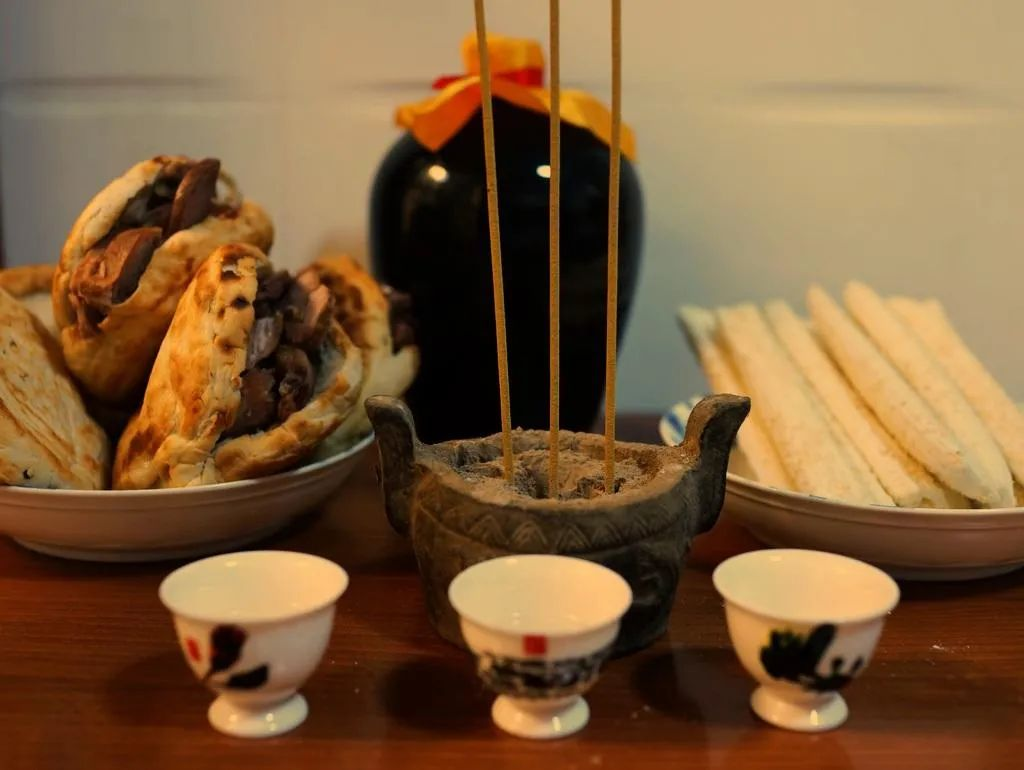
Worshipping the Kitchen God is a traditional custom that has a great influence and is widely spread among the Chinese people. On the evening of the twenty-third or twenty-fourth day of the twelfth month of the lunar calendar, sacrifice ceremonies are held in various parts of Zhejiang. It is commonly believed that the Kitchen God is sent to the Heavenly Court to explain to the Jade Emperor the merits and demerits of the family for the past year.
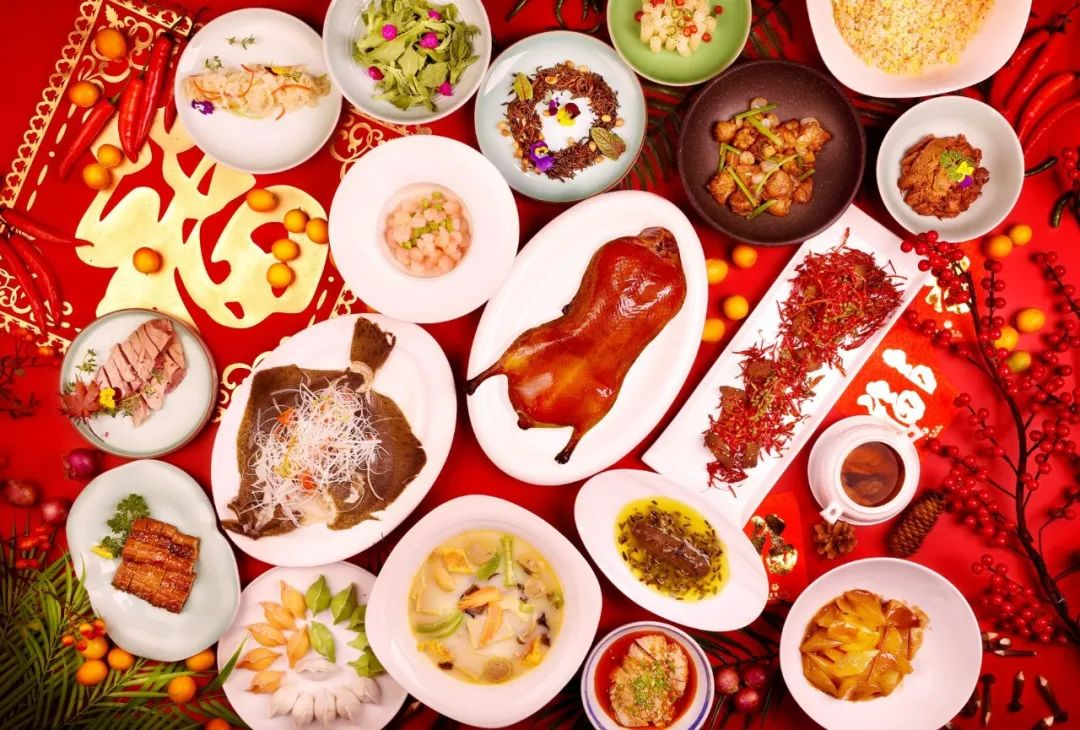
The Reunion Dinner on New Year’s Eve not only has the meaning of congratulating a good harvest and celebrating the reunion of the whole family, but also has the desire to drive away illness and call for health and luck, so it is very particular. The dishes on the dinner table vary from place to place, but they all strive for heartiness. After eating the dinner, the children pay respects to the elders, and the elders distribute the lucky money as a gift to children.
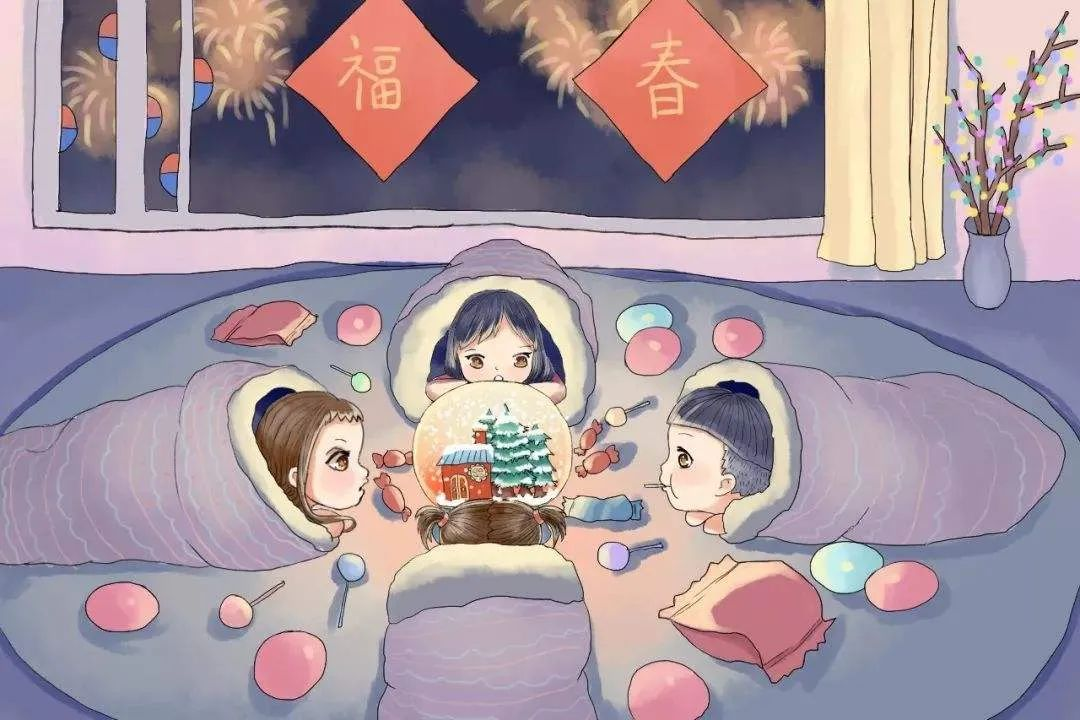
Staying-up on Chinese New Year's Eve is a widely observed tradition, which refers to family reunions on Chinese New Year's Eve and staying up late to welcome the arrival of the Lunar New Year. The custom of observing the year has a long history, and the earliest record could be dated back to the Western Jin Dynasty. The custom of Stay Up Late or All Night on New Year's Eve is not only to cherish the passing years, but also to place good hopes on the coming New Year.
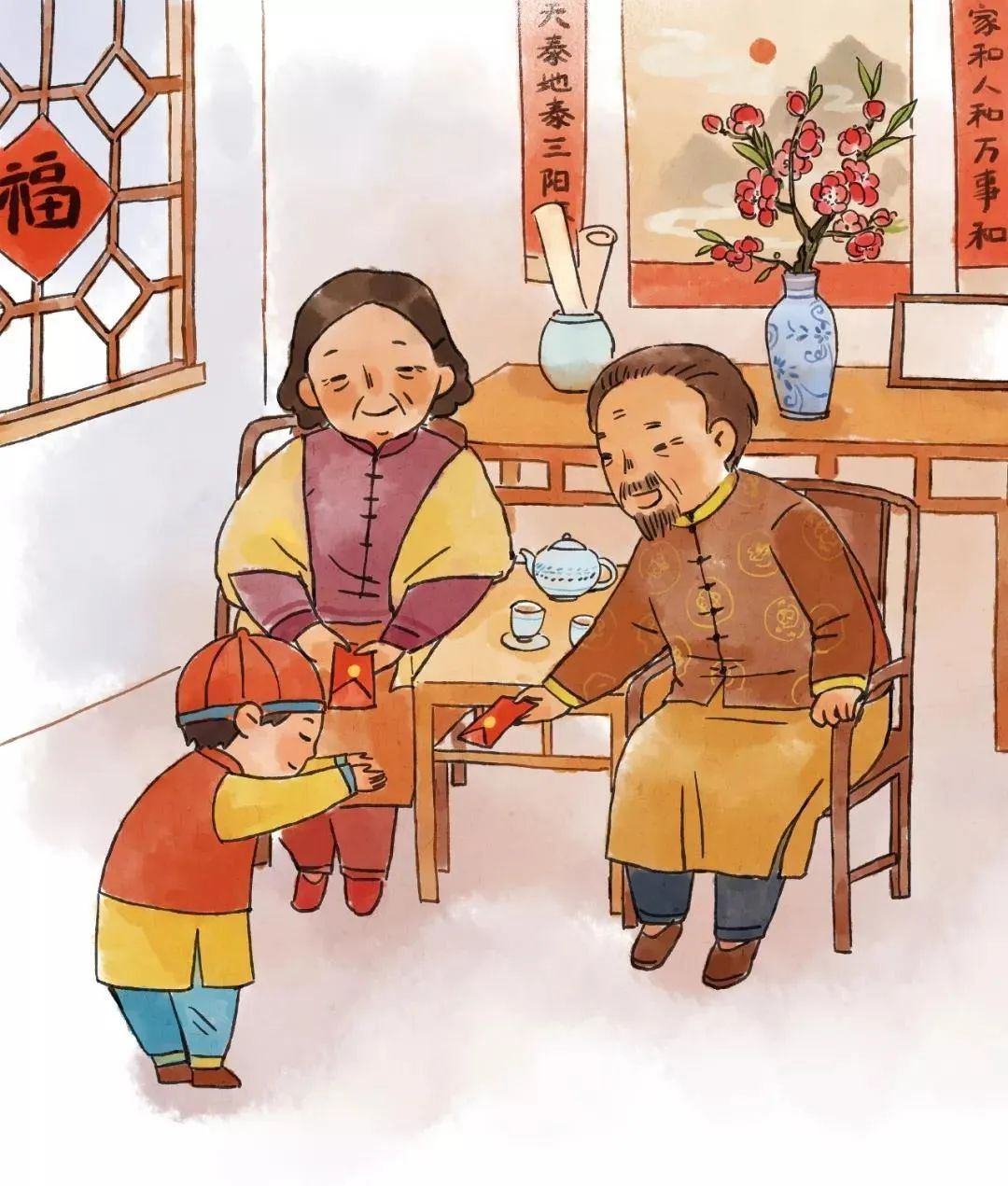
Paying New Year’s Call is a popular festival activity in various places during the Spring Festival, and people celebrate the New Year by greeting each other, which is not only a certain ritual, but also an important form of social communication. In ancient times, the original meaning of "Paying New Year’s Call" was to greet the elders on the New Year, including kowtowing to the elders, congratulating them on New Year's wishes, and wishing for a good life. When meeting relatives and friends of the same generation, you should also offer congratulations. Nowadays, paying a New Year’s call through telephone, Wechat (or short messages), and online media has emerged and become popular among people.
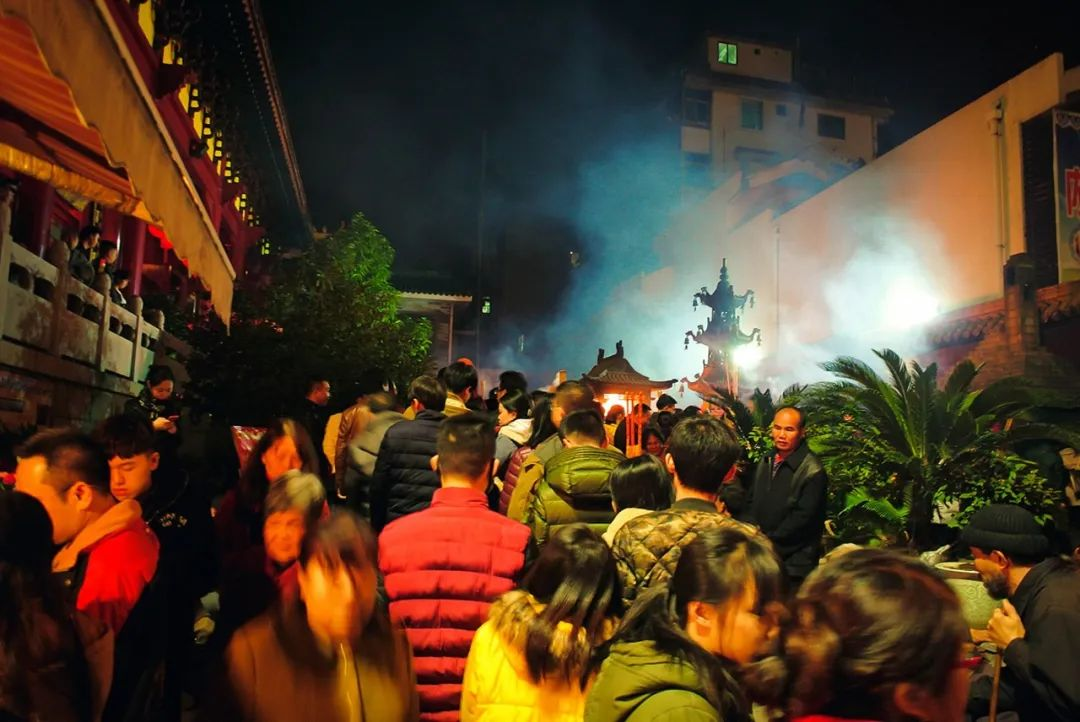
In the old days, there was a custom of bathing and changing clothes on Chinese New Year's Eve, and then going to nearby temples and waiting for the beginning of the new year, marked by the burning of the first incense stick. It is believed that the first person to burn the incense stick is the most religious and auspicious one. The fact that the custom has survived to this day shows that for modern people, the pursuit of good luck and auspiciousness remains an eternal theme.
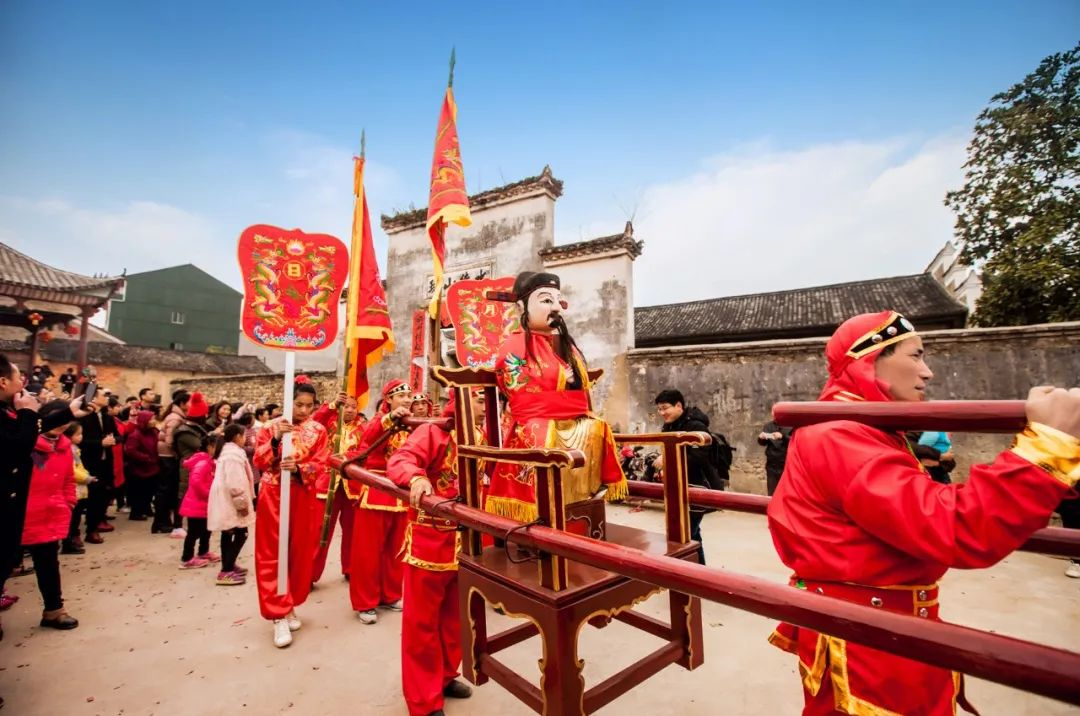
Every year on the fourth night of the first lunar month, merchants all over Zhejiang hold a ceremony to welcome the God of Wealth. In the areas of Hangzhou, Jiaxing and Huzhou, people believe that the fifth day of the first lunar month is the birthday of the God of Wealth, so most shops open only after welcoming the God of Wealth on that day.
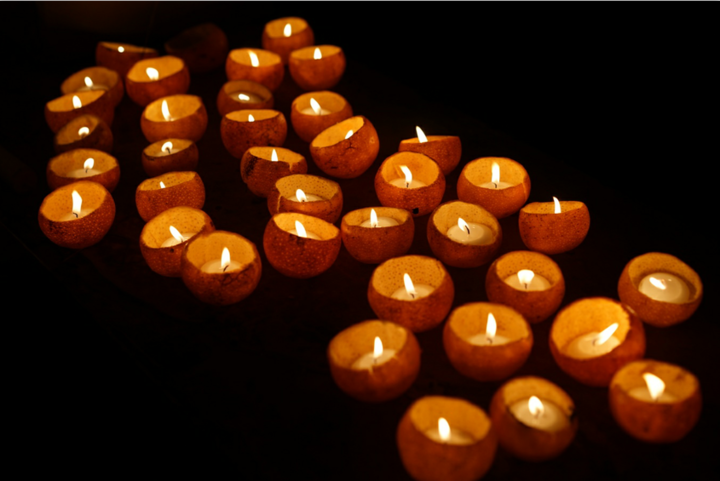
The Lantern Festival is held on the 15th day of the first lunar month each year. It is the night people can see the first full moon of the year, and it is also the night when the earth rejuvenates at the beginning of the year, so people celebrate the continuation of the new year as well. The Lantern Festival mainly includes a series of activities such as enjoying lanterns, eating sweet dumplings, guessing lantern riddles, setting off fireworks, dragon and lion dances and others.
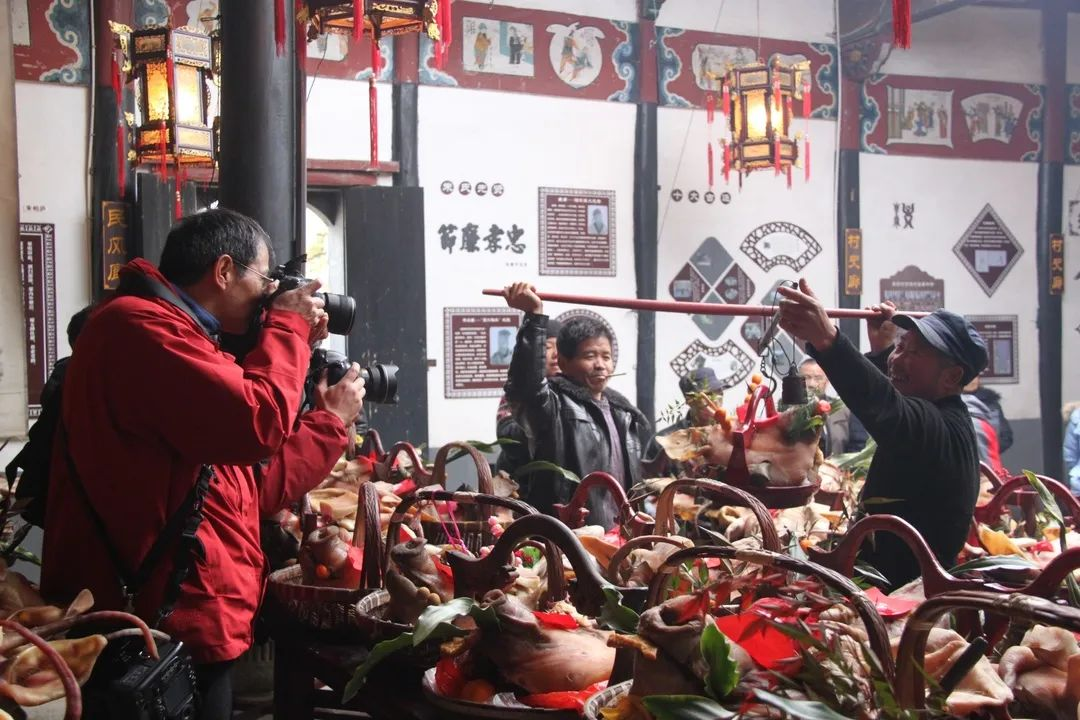
“Worship Ancestors with Hog’s Head” in Jinfeng Village, Chun’an County, Hangzhou has a history of 600 years and is one of the most important cultural events during the Chinese New Year.
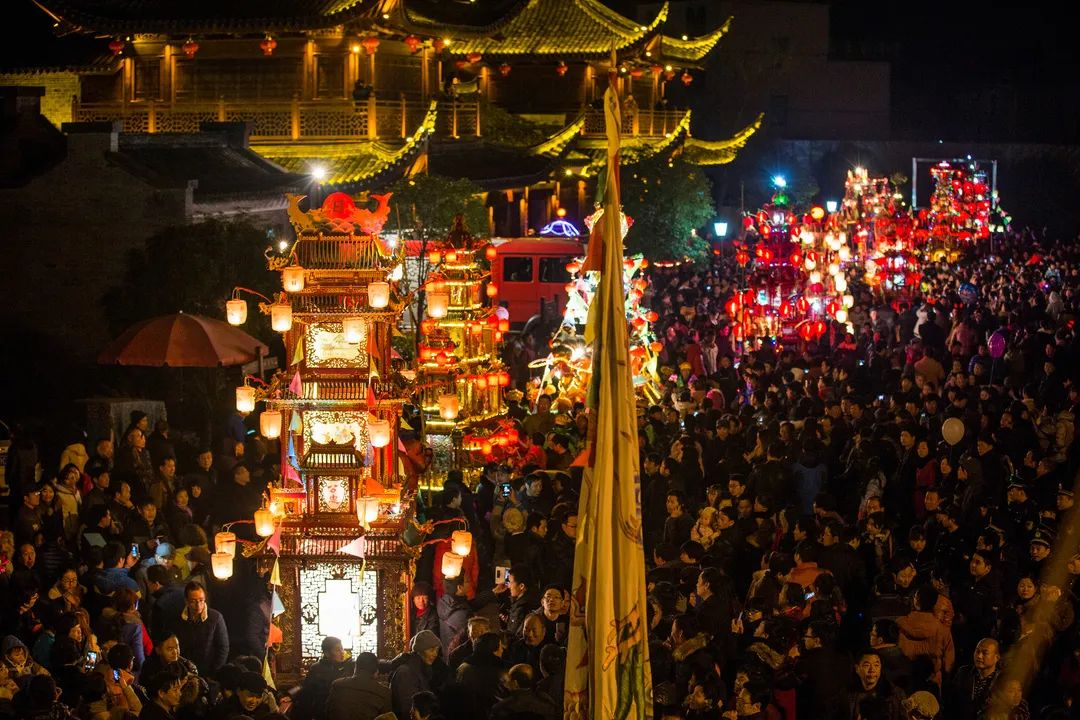
Lantern Festival Event in Qiantong Town, Ninghai County, Ningbo is a traditional activity held every year during the Lantern Festival to welcome gods and worship ancestors. The purpose of the event is to commemorate the merits of ancestor Tong Hao who dug canals for water to irrigate the farmland. The Lantern Festival has become an influential large-scale festival in eastern Zhejiang. It has important historical and artistic values, and it also has important practical significance for enhancing social cohesion.
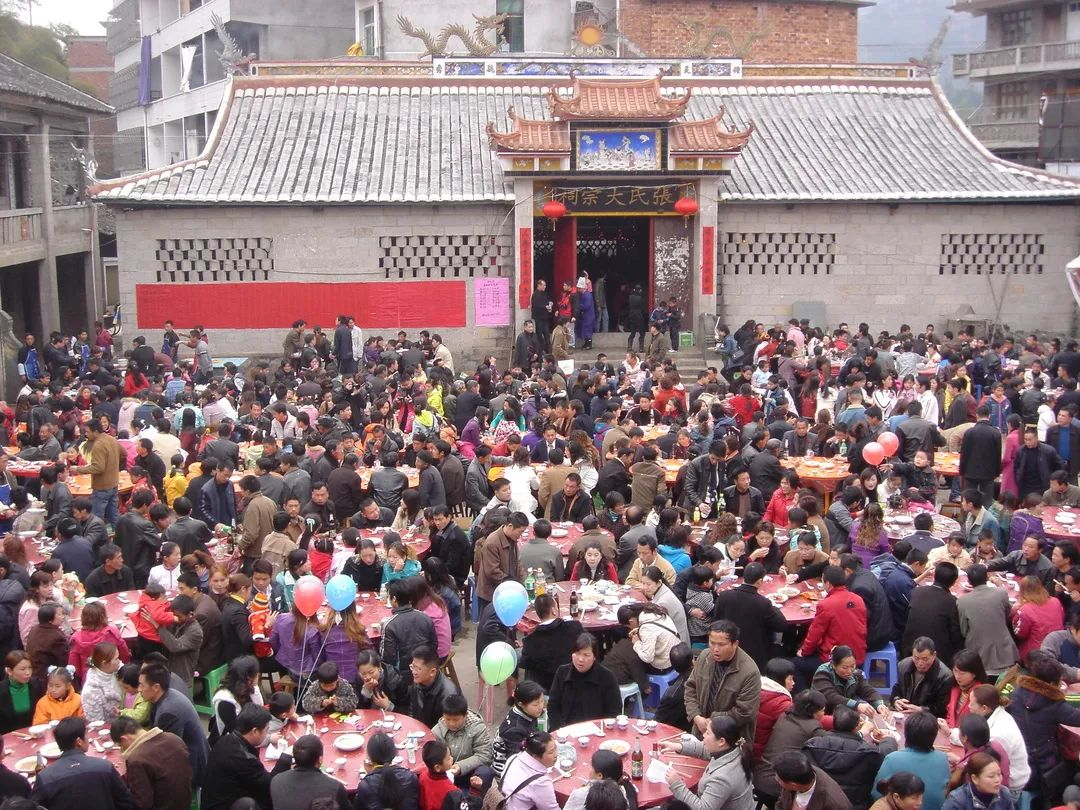
Hundred Feasts in Taishun County, Wenzhou is a sacrifice and blessing activity with a history of more than 800 years. It is deeply loved by the people and almost every household in the village participates this event.
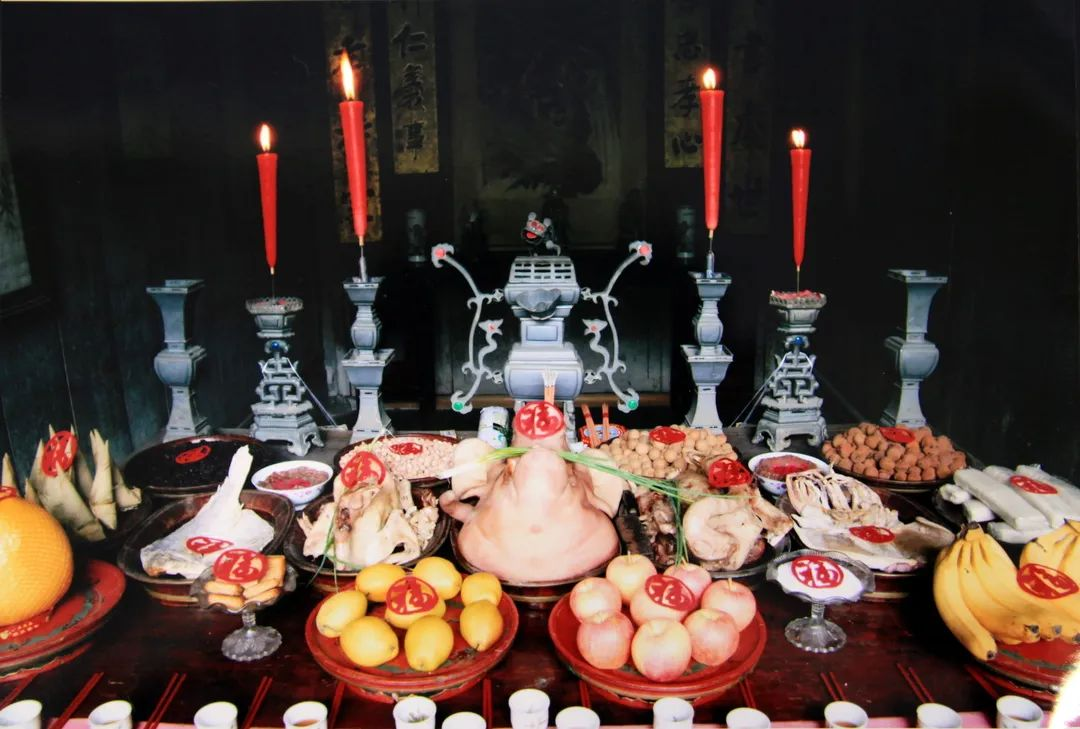
“Zhufu (Blessing)” Ceremony in Shaoxing is the most solemn festival of the year. Lu Xun's novel New Year’s Sacrifice (Chinese name: Zhufu) created a typical literary image of Mistress Xianglin. This story was popularized through the movie in same name and the drama Mistress Xianglin. Its influence spread throughout the country and even overseas, and it can be said that "Zhufu" has become a hallmark in Shaoxing's customs.
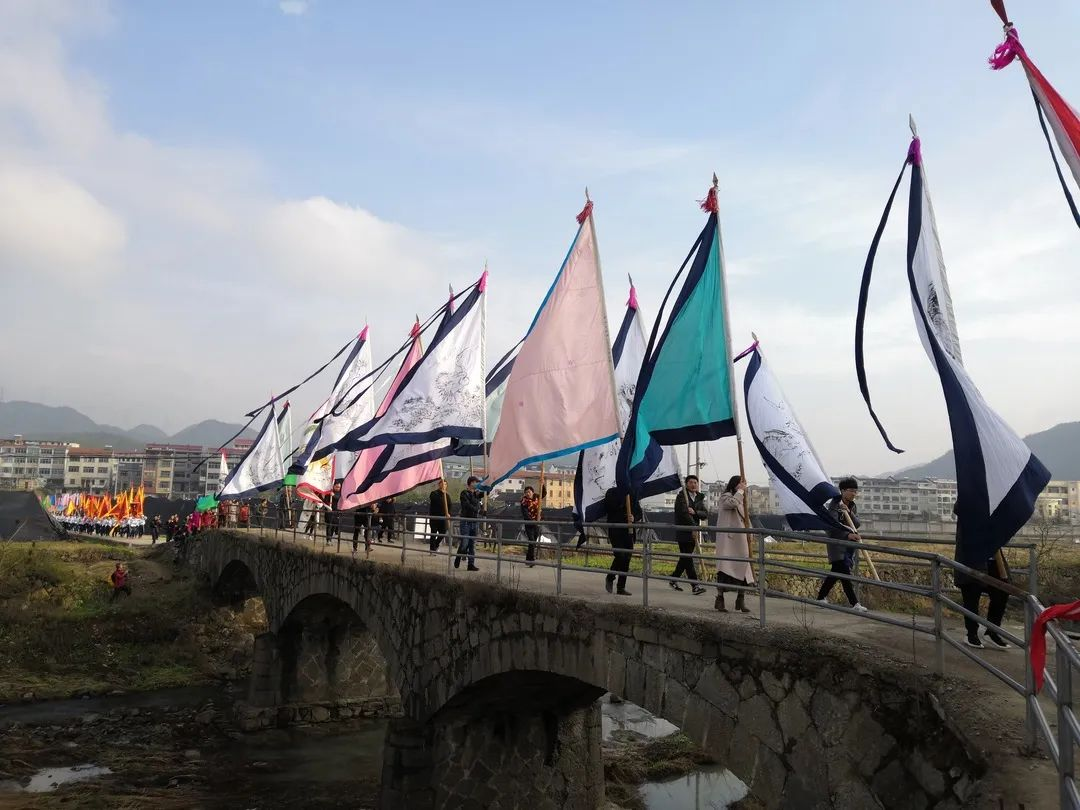
Baiji (setting sacrifices) is the highest standard of worship of gods and ancestors in Pujiang County, Jinghua. This tradition dates back to the Qing Dynasty and has been passed down through generations. Through comprehensive traditional activities, people pray for a good weather for the crops in the New Year and a safe and secure country.
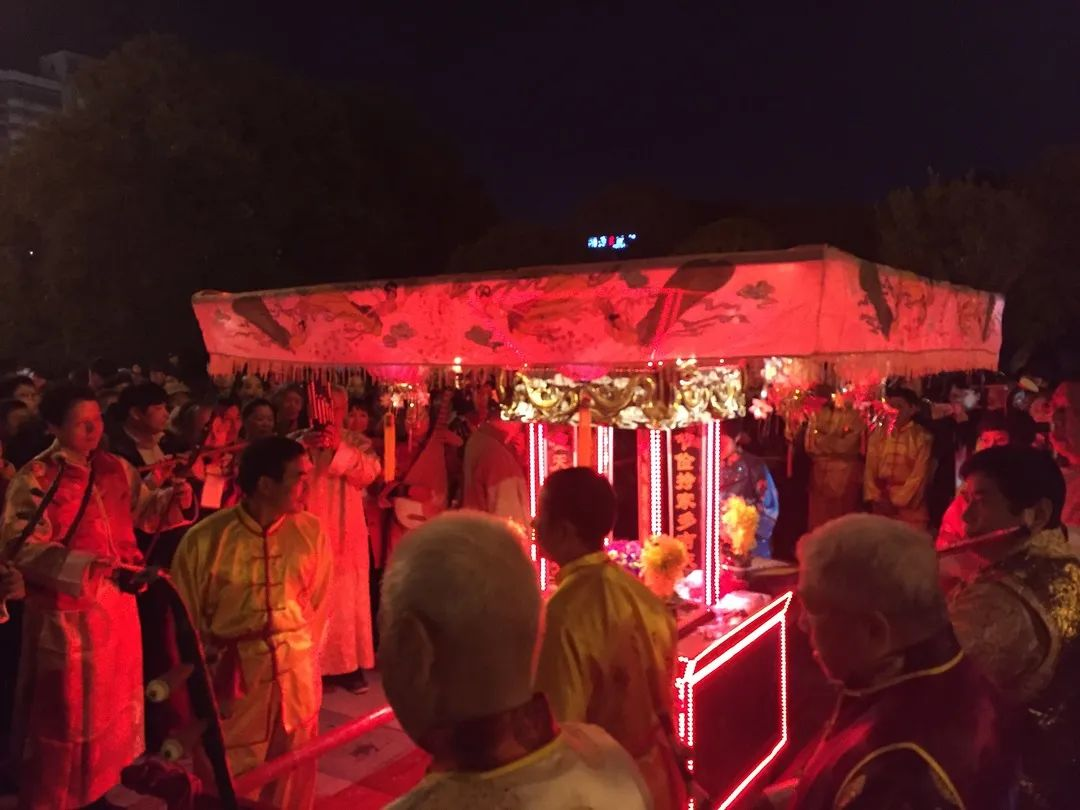
Different from other places, people in Linhai Old Town, Taizhou celebrate Lantern Festival on the 14th instead of 15th of the first lunar month. This unique event is famous for a street full of rabbit lights; rotten soup eaten by every household; lanterns for appreciation; lantern riddles and the final show of the event.
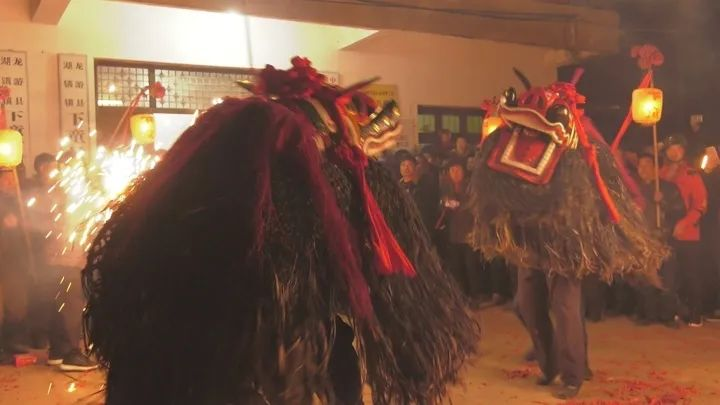
Lantern Festival is celebrated starting from 13th day of the first lunar month in Huzhen Town, Longyou County, Quzhou. The highlight of the event is the lion dance show, which is a favorite of the locals. The lion in Longyou with solid head could be dated back to the Tang Dynasty and became popular during the Qing Dynasty.
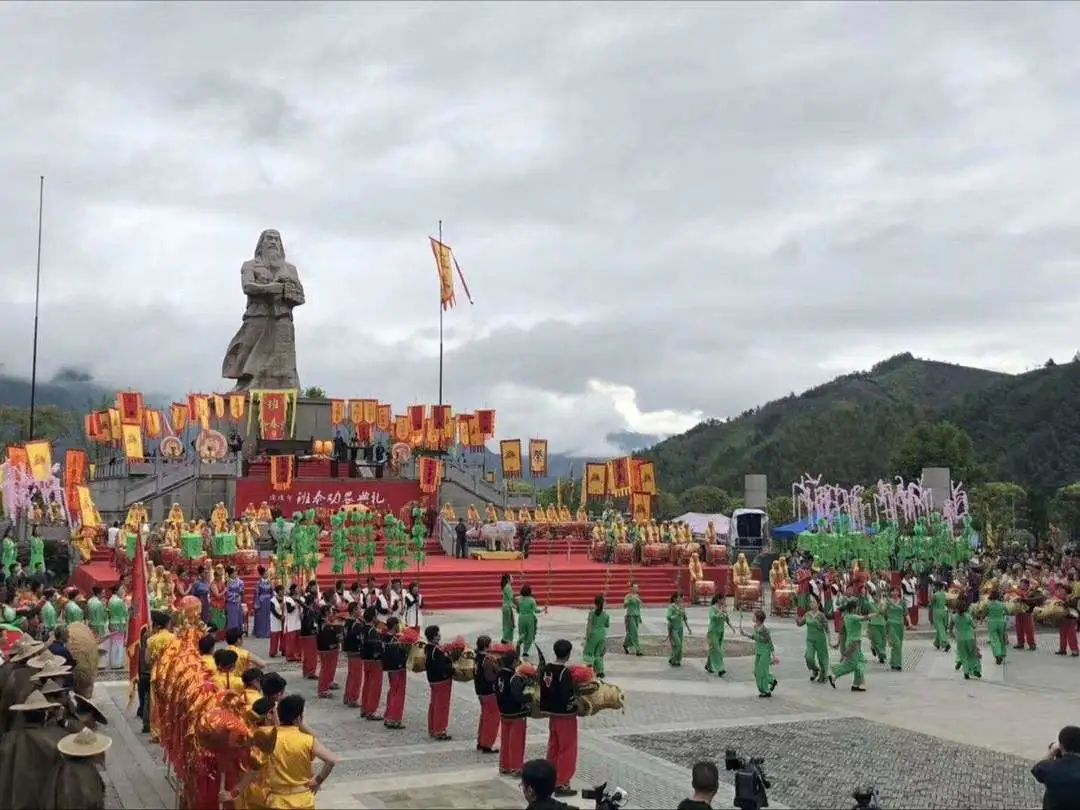
According to "Peony Pavilion" and the restoration of relevant historical records, during Tang Xianzu's tenure in Suichang County, he worked hard to benefit the local people. During the spring plowing season, he would lead his servants to hold the "Agriculture Promotion in Spring" ceremony to reward farmers and persuade them to work diligently. Since then, "Agriculture Promotion in Spring" has become an important activity of the county to encourage farmers to plow and produce in every spring. This ceremony which well preserved the customs of the Ming Dynasty was included on the National List of Intangible Cultural Heritage in 2011 and the Representative List of World Intangible Cultural Heritage in 2016.
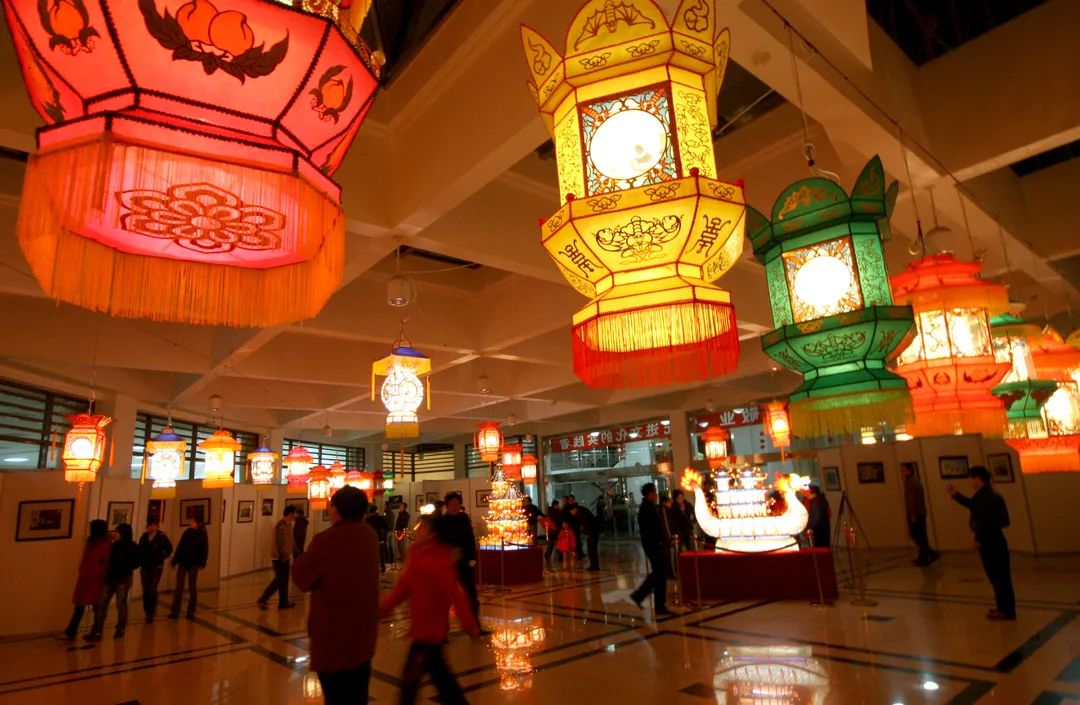
Lantern Festival is also known as the Lantern Market or the Festival of Lights. As “the Best Lantern Festival in Jiangnan", Lantern Festival in Xiashi Town, Haining City, Jiaxing began in the Tang Dynasty and flourished in the Southern Song Dynasty. It has always been an influential activity in northern Zhejiang, which combined with local activities and celebrated by every household in Xiashi Twon.
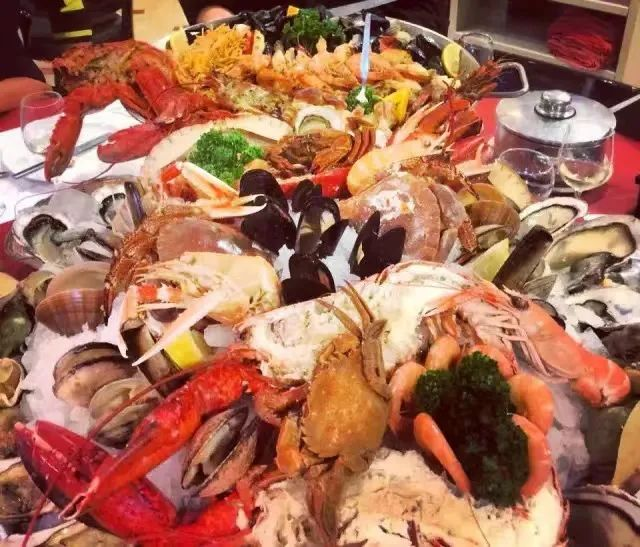
Due to its proximity to the sea, many customs in Zhoushan are also related to the sea or seafood. Fishermen who fish for a living are having conventional New Year customs. Every year on the fourth day of the first lunar month, the fish company would invite fishermen to eat "Shifan", a banquet full of seafood.

In Changxing County, Huzhou, people would drain the fishpond before the Spring Festival and invite friends and neighbors to help them catch fishes. After the owners of the pond catching the fishes they need, others, especially children, could walk into the pond to catching fishes left behind.
There is an old saying in China that “Food is the paramount necessity of the people”. No special festival is celebrate without delicious food.
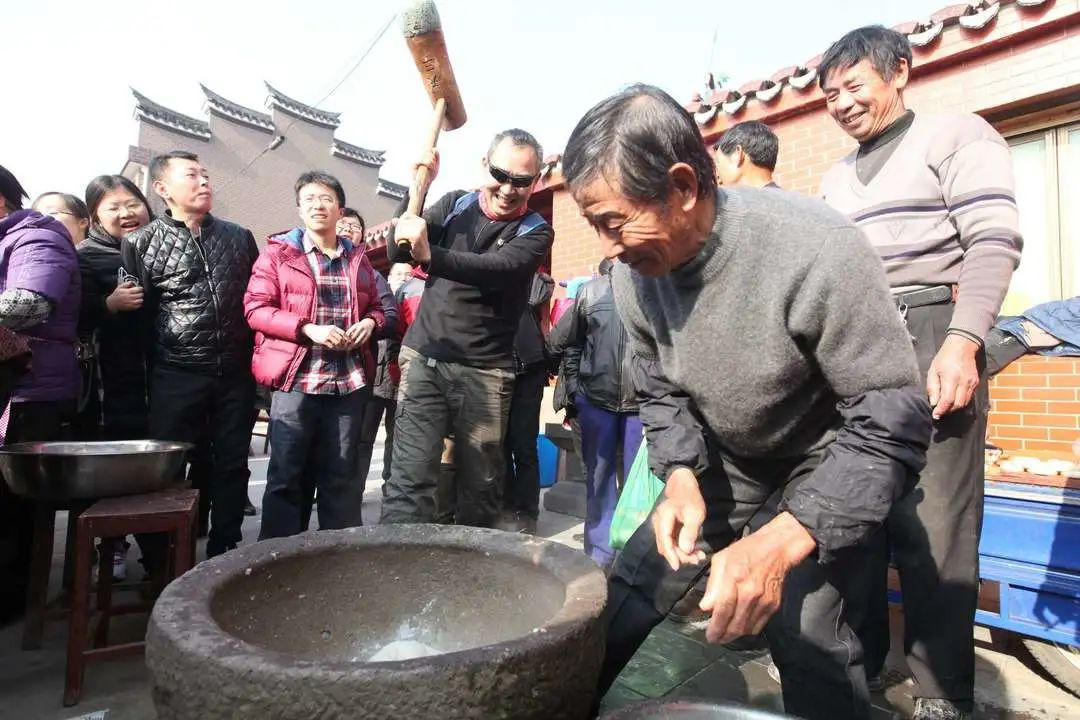
The custom of making or buying rice cakes to eat during the Chinese New Year in Zhejiang is widespread. Rice cakes are popular because the Chinese pronunciation "Niangao (年糕)" is same with “Niangao (年高)”, symbolizing the improvement of life quality. Rice cakes can be boiled, stir-fried, eaten with various ingredients, steamed or fried and dipped in sugar.
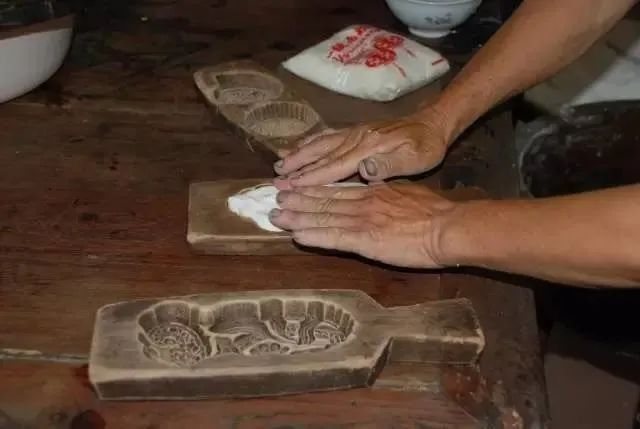
In the villages in northern Zhejiang, people would use rice flour and brown sugar to make sugar cakes with pattern. The mold specially carved for making sugar cakes is simple but elegant, with unique carving and strong local characteristics.
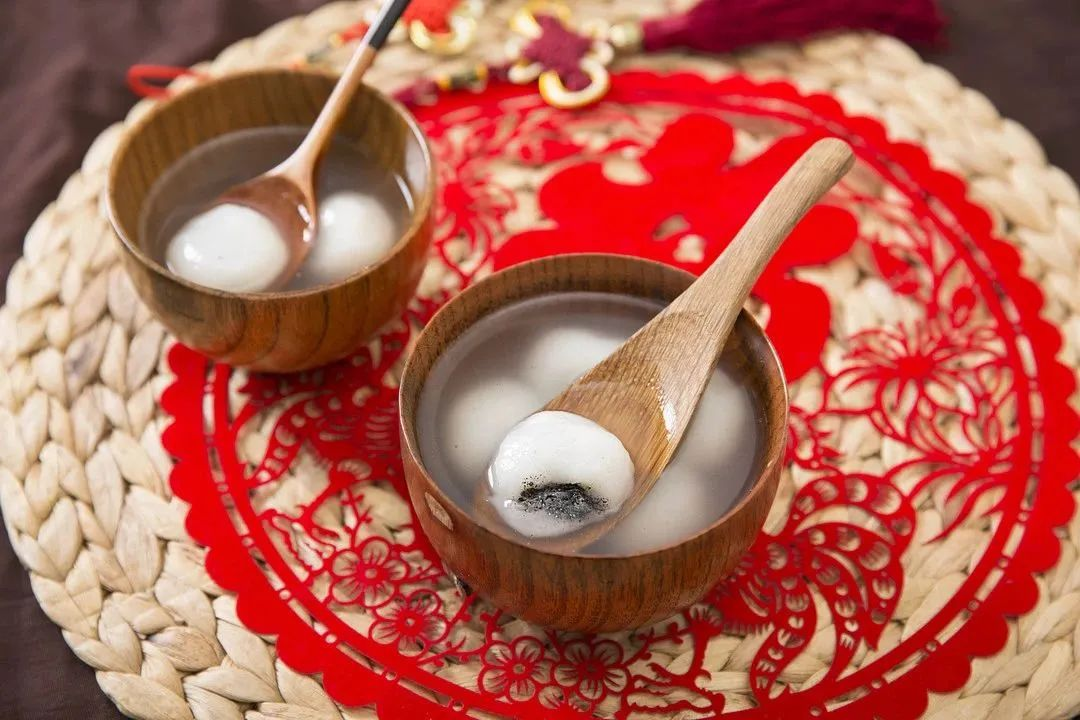
There are two kinds of sweet dumpling in China, the bigger one with fillings and the small one without. Sweet dumpling is always eaten in Lantern Festival symbolizing the reunion, while some local people in Zhejiang also eat it in Spring Festival for the wish of luck in the new year.
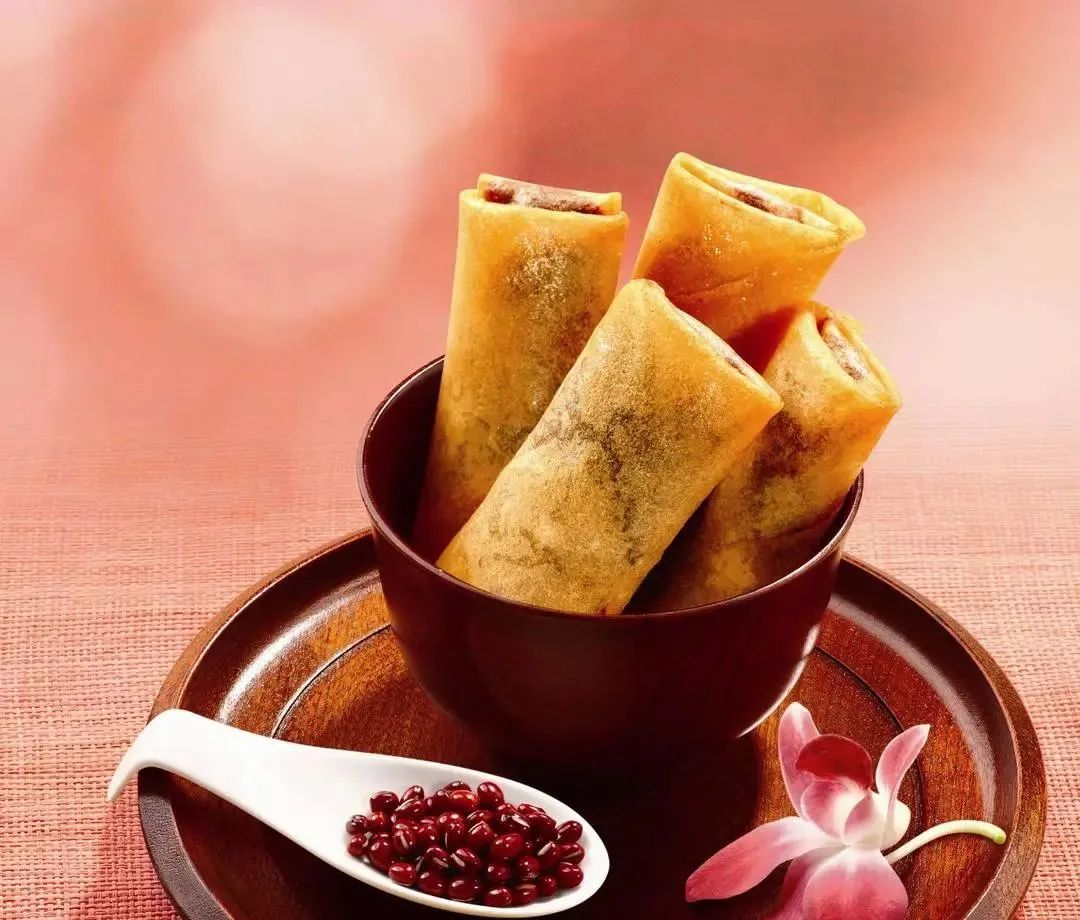
Spring roll, also known as spring cake and crepe, refer to a type of crepe made with flour or rice flour. It is a kind of dim sum eaten by people all over Zhejiang during the Chinese New Year. The most famous one is Xinchang Spring Roll. Crepes are used as skin, shredded meat, bamboo shoots, smoked bean curd as filling, and then fried the whole roll in oil.
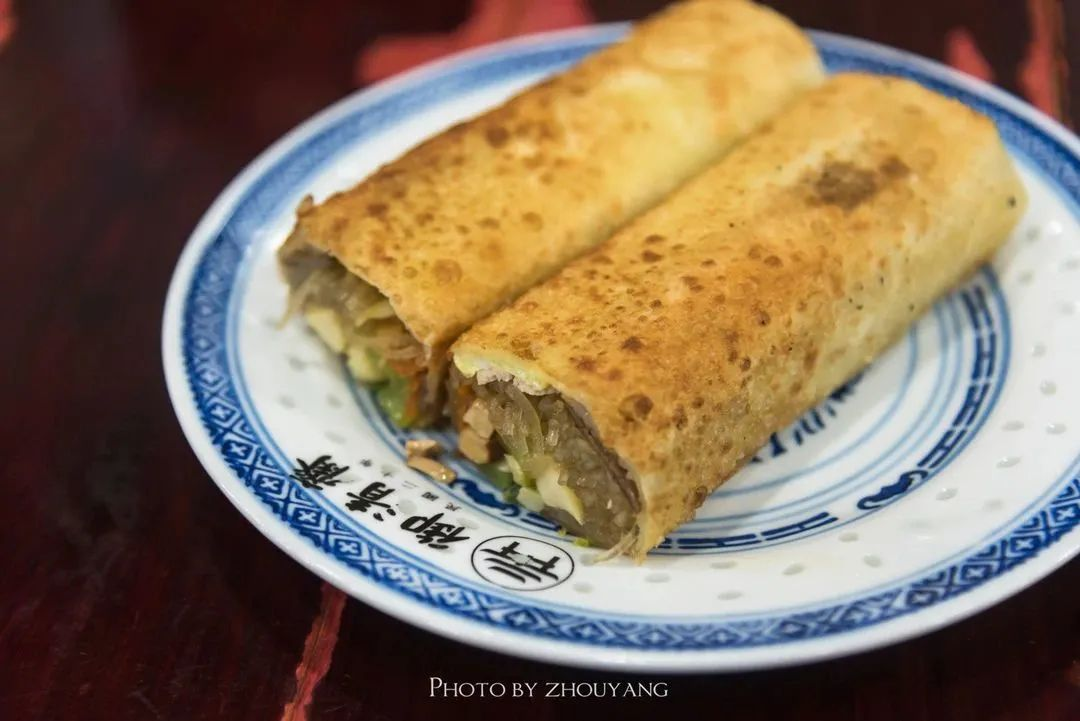
In Tiantai County, Taizhou, people would eat Dumpling Roll during the festivals, especially in the Spring Festival. It is a long tube shaped food with crepe made by flour and various kinds of fillings inside.
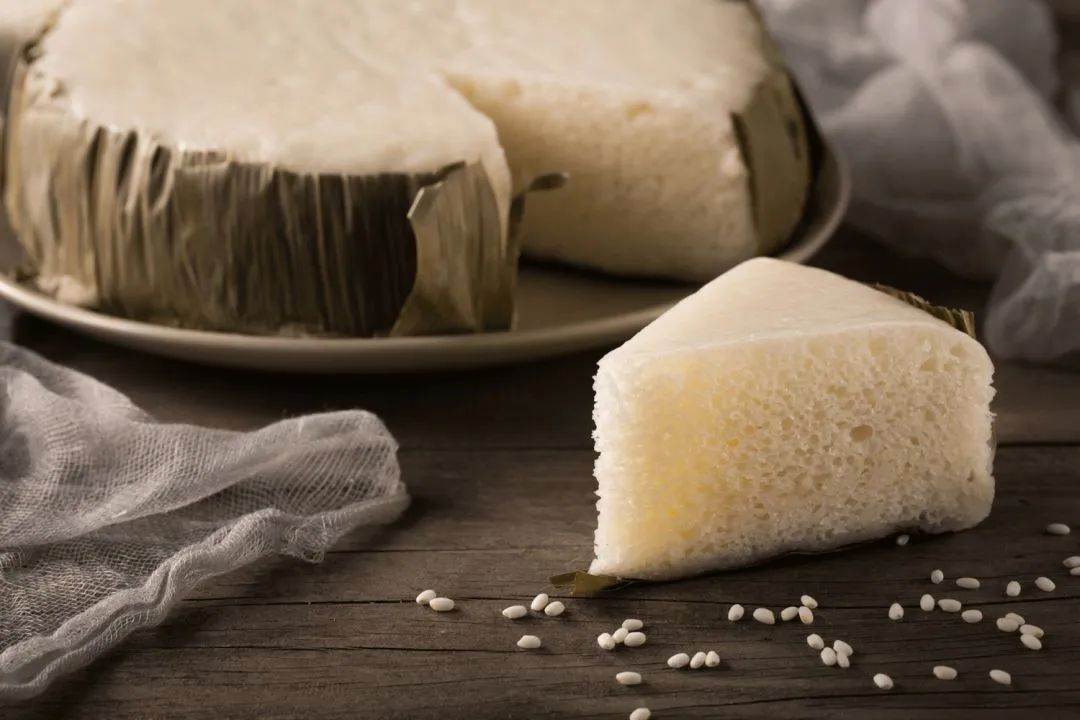
Longyou Steamed Sponge Cake is a special product in Longyou county, Quzhou and also a geographical indication product of China. As a special cake eaten during the Spring Festival, Longyou Steamed Sponge Cake was first made in the Ming Dynasty, more than 600 years ago. Because of its special taste, exquisite appearance and symbolization of luck, Longyou Steamed Sponge becomes a popular present which is sent to relatives and friends during the festival.